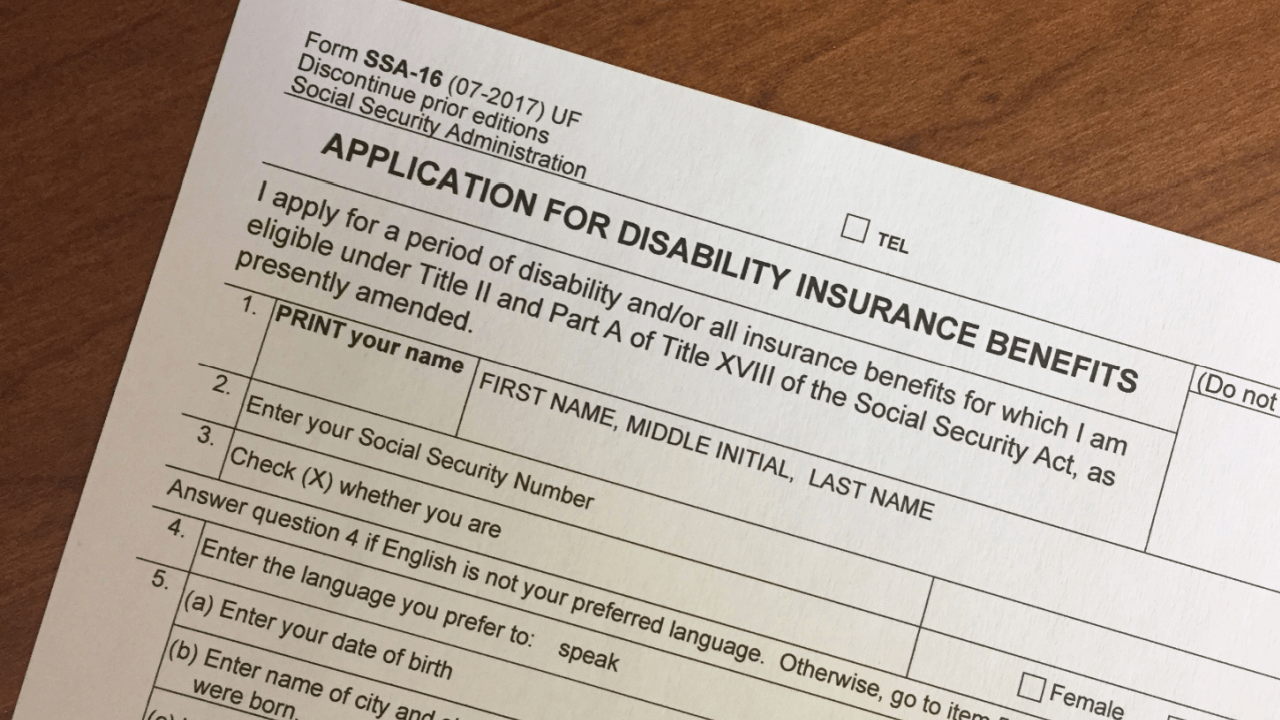
How to Approach SSDI Reconsideration After a Denial
Strategic Approach: Understanding the SSDI Reconsideration Process
Understanding the SSDI reconsideration process can help individuals respond to an initial denial with additional evidence and documentation. Familiarity with applicable requirements may help claimants better prepare their reconsideration request.
The Social Security Administration (SSA) denies many initial SSDI applications, which leads some individuals to pursue reconsideration. Preparation during this stage focuses on addressing the reasons for the initial denial and submitting additional information for review.
Essential Requirements: Building Your SSDI Reconsideration Case
Medical Documentation Standards
Medical evidence plays a central role in how SSDI reconsideration requests are evaluated. Your case requires comprehensive medical records spanning the entire period since your alleged onset date. Gather detailed treatment notes, diagnostic tests, specialist evaluations, and hospitalization records.
The SSA evaluates functional limitations more than diagnoses alone. Request detailed reports from your physicians describing how your condition affects daily activities, work capacity, and physical limitations. According to the Social Security Administration’s Disability Evaluation guidelines, functional assessments are reviewed as part of the reconsideration decision-making process.
Updated Medical Evidence
Submit all new medical evidence obtained since your initial application. This includes recent doctor visits, updated test results, medication changes, and progression documentation. Fresh evidence demonstrates ongoing disability and addresses any gaps the SSA identified in your original claim.
Key Considerations During SSDI Reconsideration
Address Initial Denial Reasons
Review your denial letter carefully to understand specific reasons for rejection. Common issues include insufficient medical evidence, lack of severe impairment, or ability to perform past work. Your reconsideration must directly address each concern raised by the initial reviewer.
Professional Medical Opinions
Some claimants choose to submit detailed Medical Source Statements from treating physicians to clarify functional limitations during reconsideration. These statements should specify functional limitations, work restrictions, and prognosis details. Socialsecuritydisability.com provides valuable resources for understanding medical documentation requirements.
Timeline Compliance
Submit your reconsideration request within 60 days of receiving your denial notice. Missing this deadline typically requires starting the entire process over. The SSA’s Appeals Process information outlines specific timeframe requirements and filing procedures.
Documentation Excellence: Strengthening Your Reconsideration
Detailed Function Reports
Complete Form SSA-3441 (Function Report) thoroughly, providing specific examples of daily limitations. Describe how your condition affects household tasks, social activities, and personal care. Consistency between your reported limitations and medical evidence is crucial.
Witness Statements
Third-party observations from family members, friends, or coworkers add credibility to your claim. These statements should describe observed changes in your abilities and specific examples of functional limitations.
Expert Insight: How to Win SSDI Reconsideration Effectively
Some individuals choose to work with disability attorneys or advocates familiar with SSA procedures to assist with evidence development and procedural requirements.
Professional representation ensures proper evidence submission, deadline compliance, and strategic case presentation. Many attorneys work on a contingency-fee basis, subject to applicable rules and approval. Resources like Social Security Disability can help you understand your options and connect with qualified professionals.
Bottom Line: How to Win SSDI Reconsideration Effectively
SSDI reconsideration involves submitting medical documentation and addressing the reasons for the initial denial. Focus on demonstrating functional limitations through detailed medical opinions and consistent documentation. Some individuals seek professional guidance to better understand procedural requirements.
How to Win SSDI Reconsideration Effectively
Some individuals choose to continue the reconsideration process after a denial. You may wish to review available resources to better understand reconsideration procedures and applicable timelines.
Frequently Asked Questions
1. How long does SSDI reconsideration take?
SSDI reconsideration typically takes 3-6 months from filing to decision. Processing times vary by state and case complexity.
2. Can I submit new medical evidence during reconsideration?
Yes, submitting updated medical evidence since your initial application strengthens your reconsideration case significantly.
3. What happens if my reconsideration is denied?
If reconsideration is denied, you can request a hearing before an Administrative Law Judge within 60 days.
4. Should I hire an attorney for SSDI reconsideration?
Professional representation significantly increases approval rates and ensures proper case presentation and deadline compliance.
5. How much does SSDI reconsideration cost?
Filing SSDI reconsideration costs nothing. However, attorney fees apply if you choose professional representation, typically on contingency.
Key Takeaways
- Address specific denial reasons with comprehensive medical evidence and functional limitations documentation
- Submit reconsideration requests within 60 days to avoid restarting the entire application process
- Gather updated medical records and detailed physician statements describing work capacity limitations
- Consider professional representation to navigate complex SSA requirements and improve approval odds
- Focus on demonstrating how your condition prevents substantial gainful activity rather than just listing diagnoses


